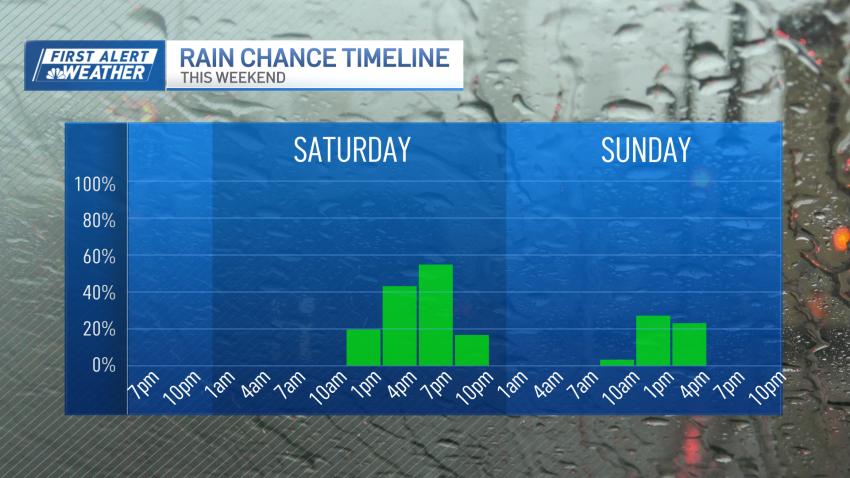
The rain is back, and so is the humidity
We’re closing in on the weekend, which must mean one thing — rain.

We’re closing in on the weekend, which must mean one thing — rain.

Luke Kornet provided the spark the Celtics needed to stay alive with a Game 5 win over the Knicks.

Celtics head coach Joe Mazzulla explained why Kristaps Porzingis didn’t play in the second half of Game 5 as he continues to battle health issues.
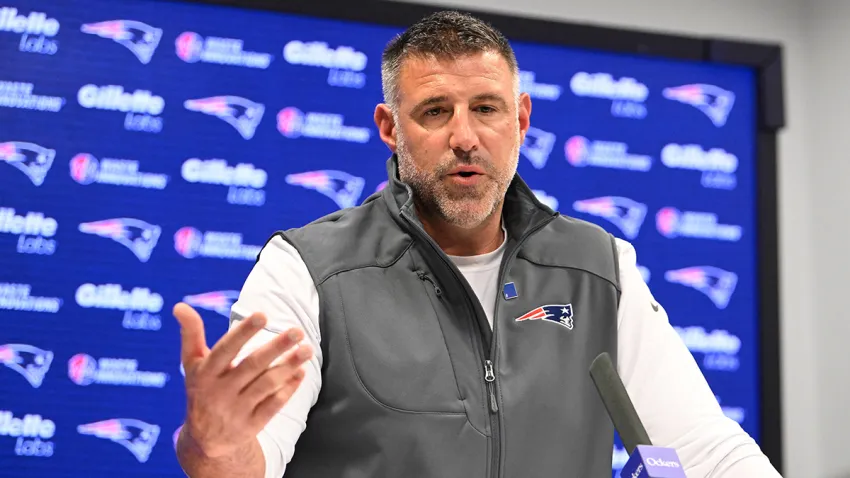
The Patriots could be one of the NFL’s most improved teams thanks to their 2025 regular season schedule.

There aren’t many top-tier quarterbacks on the Patriots’ 2025 regular season schedule. And that’s a good thing for New England.
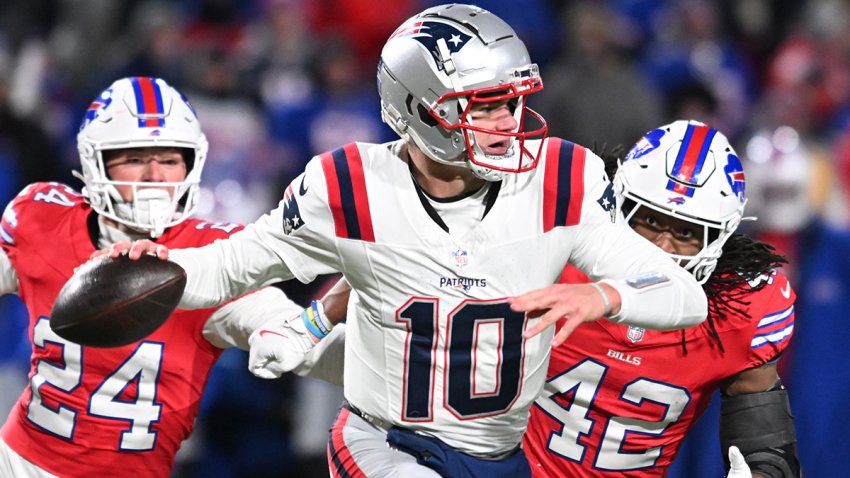
Could the Patriots make some noise right out of the gate in 2025? Phil Perry shares five takeaways from New England’s 2025 schedule.
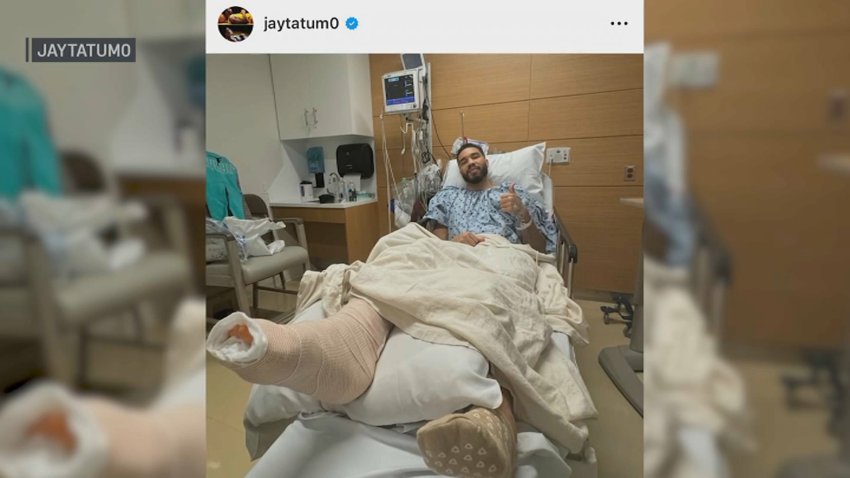
Boston Celtics star Jayson Tatum underwent surgery to repair a ruptured Achilles tendon, and we spoke with Mass General Brigham Dr. Adam Tenforde about what to expect in his recovery process

The Patriots’ have one of the easiest schedules entering the 2025 NFL season.
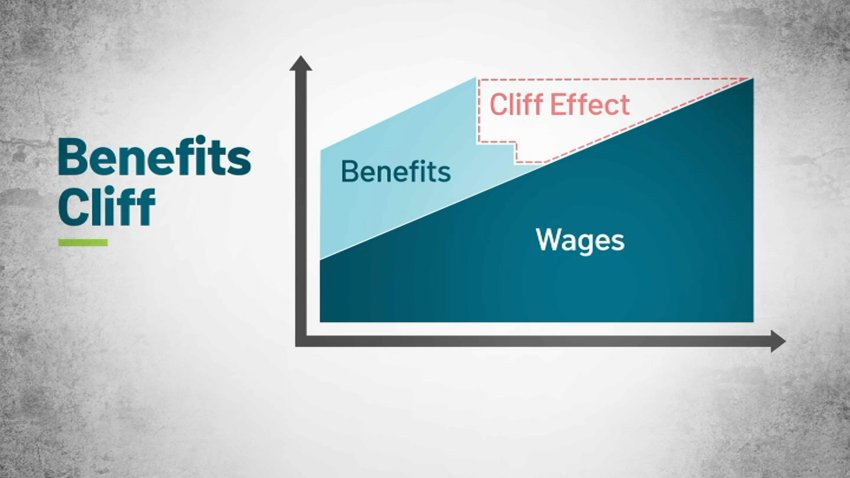
The benefits cliff effect happens when families’ income increases enough that they lose their eligibility for public benefits, but can’t afford those needs on their own

Kseniia Petrova, a Russian-born Harvard scientist, has been charged with smuggling biological material into the United States — an escalation in a case that has already raised legal and civil rights questions over her detention.

The chief of police in Lincoln has had his policing certification suspended in Massachusetts, days after his arrest while he was off-duty in another town.
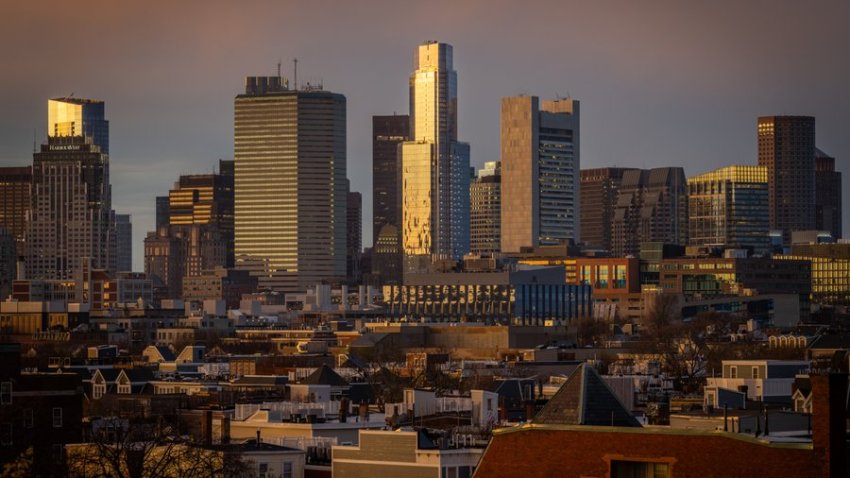
With Michelin’s announcement that it’s bringing it’s prestigious restaurant guide to Greater Boston — many are wondering which of the city’s dining hotspots will get the honor of a Michelin star.

The Jayson Tatum-less Boston Celtics stayed alive with a thrilling 127-102 win over the New York Knicks in Wednesday’s Game 5 at TD Garden.
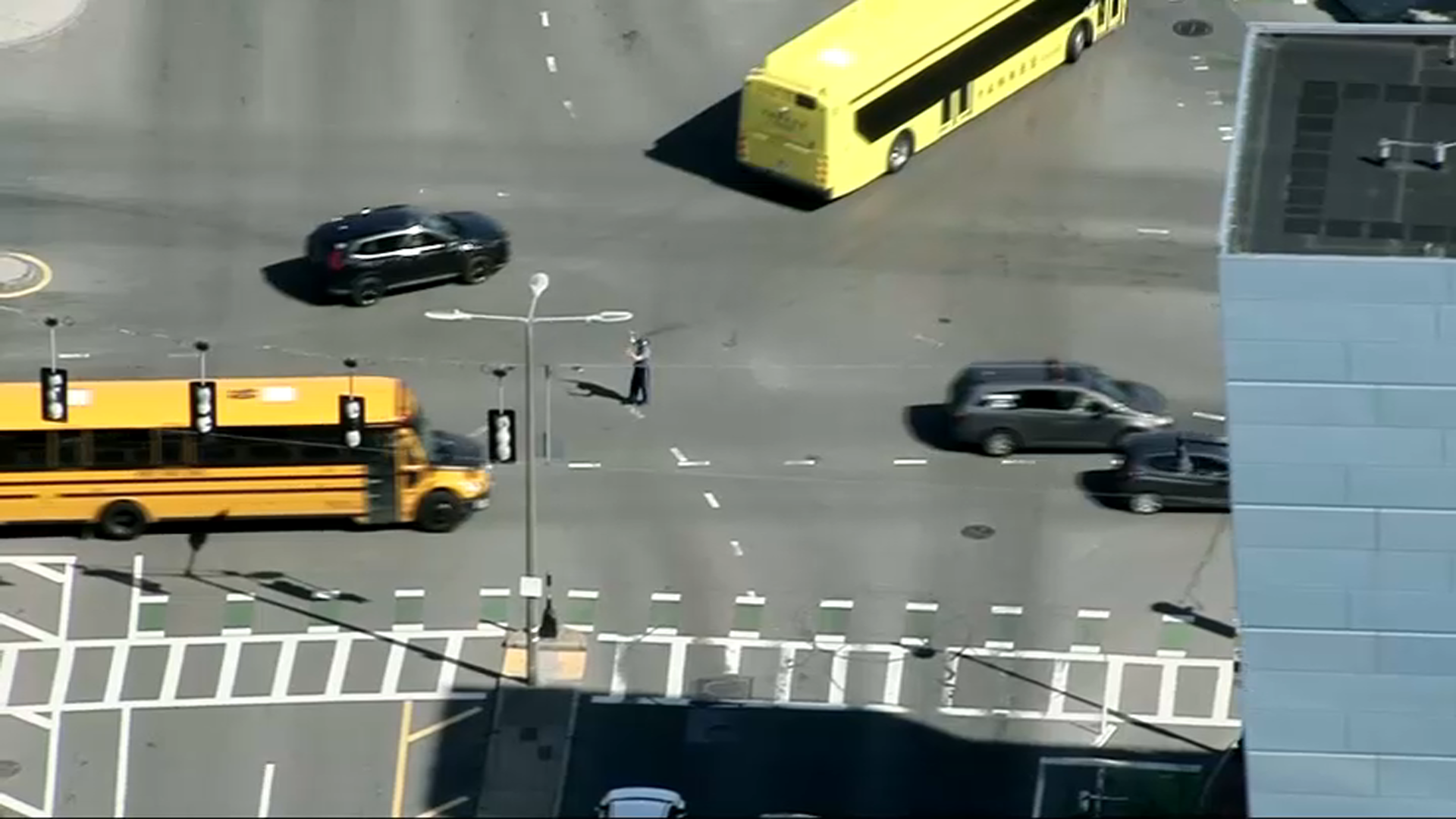
About 25,000 Eversource customers in Boston lost power on Wednesday afternoon due to an outage at one of their substations in Andrews Square, a company spokesperson said.